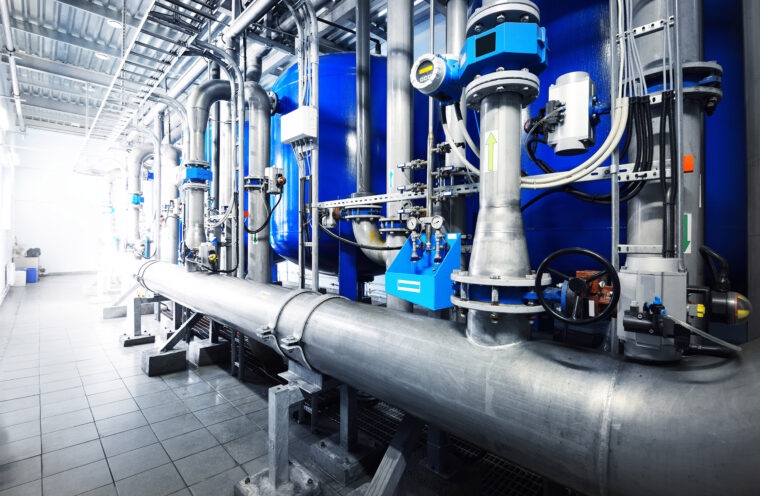Water is an essential resource for various industrial applications, including manufacturing, cooling systems, and steam production. However, the quality of water is critical to ensure that it does not cause damage to equipment, products, or personnel. Water filtration systems in industrial settings play a crucial role in maintaining the quality and safety of water for these applications.
What are Water Filtration Systems for Industrial Applications?
Water filtration systems in industrial applications are designed to remove impurities, particles, and contaminants from water to meet the required quality standards. These systems use different methods and technologies to filter water, such as activated carbon, reverse osmosis, ultraviolet light, and others. The choice of filtration system depends on the type of impurities present in the water and the specific needs of the industrial application.
Importance of Water Filtration Systems in Industrial Applications
Water quality is crucial in industrial applications to prevent equipment corrosion, scaling, and fouling. Impurities and contaminants in water can also affect the quality and consistency of products, leading to production losses and increased costs. Water filtration systems help to ensure that the water used in industrial applications is of the required quality and free from harmful contaminants, thereby reducing the risk of equipment damage and product quality issues.
Types of Water Filtration Systems for Industrial Applications
There are different types of water filtration systems industrial applications, such as:
- Activated carbon filters: used to remove chlorine, organic compounds, and some heavy metals from water.
- Reverse osmosis systems: used to remove dissolved minerals, salts, and impurities from water.
- Ultrafiltration systems: used to remove bacteria, viruses, and other microorganisms from water.
- Ultraviolet disinfection systems: used to disinfect water and kill bacteria and viruses.
- Ion exchange systems: used to remove minerals and metals from water.
The choice of water filtration system depends on the type of impurities present in the water, the required level of water purity, and the industrial application's specific needs.
Benefits of Water Filtration Systems in Industrial Applications
Water filtration systems provide several benefits to industrial applications, such as:
- Improved water quality: Water filtration systems remove impurities, particles, and contaminants from water, making it safe and suitable for use in industrial applications.
- Reduced equipment damage: Water filtration systems help to prevent equipment corrosion, scaling, and fouling, extending their lifespan and reducing maintenance costs.
- Increased product quality: Water filtration systems ensure that the water used in industrial applications is of the required quality, leading to improved product quality and consistency.
- Compliance with regulations: Water filtration systems help industrial applications comply with regulations related to water quality and safety.
Maintenance of Water Filtration Systems in Industrial Applications
To ensure the proper functioning of water filtration systems in industrial applications, regular maintenance is necessary. Maintenance activities include replacing filter cartridges, cleaning and disinfecting the system, monitoring the water quality, and testing the system's performance. Regular maintenance helps to prevent system failure, prolong its lifespan, and ensure that it continues to provide safe and clean water for industrial applications.
Conclusion
Water filtration systems in industrial applications play a crucial role in ensuring the quality and safety of water for various purposes. They help to prevent equipment damage, product quality issues, and compliance with regulations. Choosing the right water filtration system and performing regular maintenance are necessary to ensure the system's proper functioning and longevity. Investing in water filtration systems is a smart decision for industrial applications looking to improve their processes and reduce costs in the long run.


No comments yet